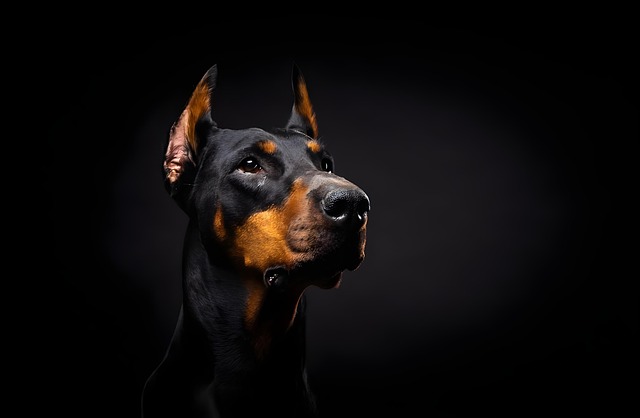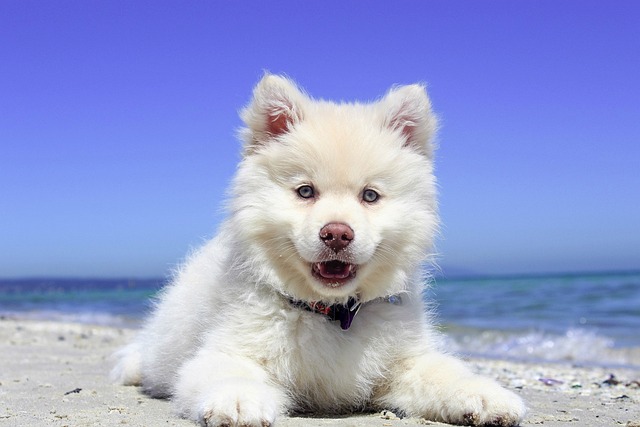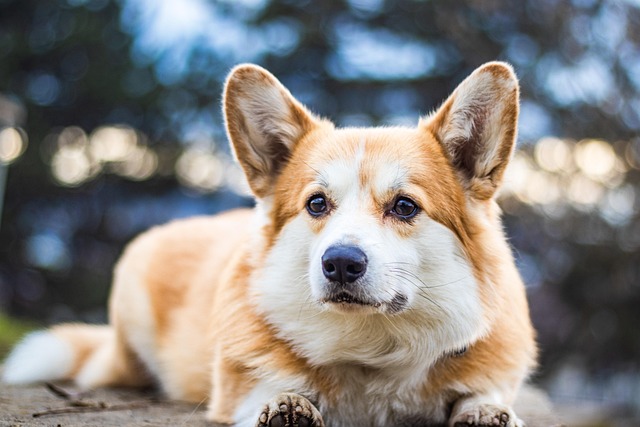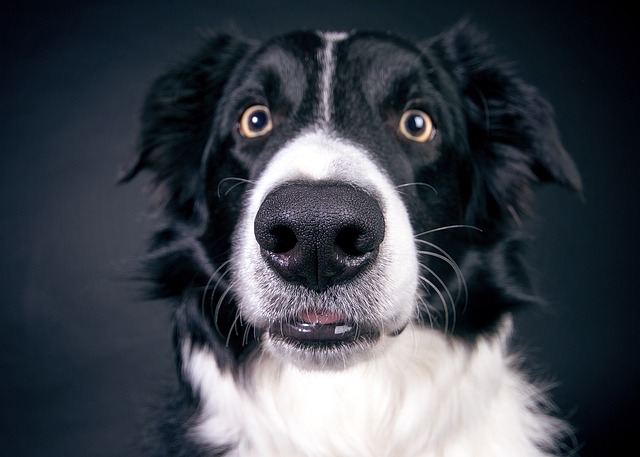
How to test for tetanus in dogs?
Tetanus in dogs often starts with subtle signs most owners miss—like a stiff jaw when grabbing a favorite chew toy or hesitation to climb stairs they once bounded up.
Do dogs get sick in the summer? It’s a question that tugs at new dog owners when they spot their pup panting harder than usual or skipping meals as the mercury rises. Last June, my neighbor in Florida found her Pug lying listless on the cool tile, refusing his favorite treats—and she immediately wondered if the heat was to blame. Let’s unpack what’s normal, and what’s cause for concern.
Summer brings unique risks for dogs, thanks to their biology. Unlike humans, they can’t sweat much—only through their paw pads—so panting is their main way to cool down. When temperatures climb above 85°F, especially with humidity, their bodies struggle to release heat. Brachycephalic breeds like Bulldogs or Shih Tzus are extra vulnerable; their short snouts make panting less effective, so they overheat faster. Vets in Texas see a spike in “heat exhaustion” cases in July: dogs with red gums, rapid breathing, or weakness after too long in the sun. But it’s not just heat—fleas thrive in warm weather, and their bites can lead to skin infections. My cousin’s Golden Retriever, who loves romping in Colorado’s summer fields, once developed a rash from flea bites that needed vet care.
Preventing summer sickness starts with small, consistent steps. Avoid walks during peak heat (10 AM to 4 PM)—stick to early mornings or evenings when sidewalks are cool enough to touch with your hand. Carry a collapsible water bowl; even a 15-minute walk in Arizona’s sun can dehydrate a dog. For apartment dwellers in New York, set up a fan near a cooling mat—your Chihuahua will curl up there happily instead of panting by the window. Check their fur weekly for fleas: run a fine-tooth comb through their belly and legs, and drop any you find into soapy water. If you notice excessive drooling or lethargy, move them to shade immediately and offer sips of room-temperature water (cold water shocks their system).

Let’s talk about what’s expected of you as a dog owner. First, keep vaccinations current—rabies shots are legally required in all 50 states, and groomers in California won’t accept unvaccinated dogs. When out and about, always carry poop bags: I saw someone in Portland fined $175 last month for skipping this, and it’s simply respectful. Remember, if your dog resists wearing a cooling vest or getting in the shade, never scold them. Instead, offer a treat when they comply—trainers in Florida call this positive reinforcement, and it turns “safety rules” into bonding moments. My friend’s Beagle now wags when she sees his cooling bandana, all because of a few pieces of freeze-dried chicken.
Community living means looking out for each other. If your apartment complex has a dog park, avoid it during midday heat—burning paws are no fun for any pup. Clean up spilled water from bowls to prevent slips, especially in Chicago’s busy dog runs. And if your dog does get sick, let your vet know their summer routine—details like “we walked at 2 PM” help them diagnose faster. A guy in Seattle did this, and his vet quickly spotted heat-related dehydration, getting his Lab back to normal in no time.
So yes, dogs can get sick in the summer—but with smart precautions, you can keep them happy, healthy, and ready for all those summer fetch sessions.

Tetanus in dogs often starts with subtle signs most owners miss—like a stiff jaw when grabbing a favorite chew toy or hesitation to climb stairs they once bounded up.

If you’re a new dog parent in the US—maybe you’re standing in your Ohio apartment’s pet store aisle, holding a bag labeled “senior dog food” while your 8-year-old Dachshund

If you’re a new dog parent to a senior pup in the US—maybe you’re standing in your Florida apartment’s pet food aisle

Pet owners often worry about hidden health risks for their dogs, and toxoplasmosis is one that flies under the radar for many—understanding how dogs pick it up is key to keeping them safe.

If you’re a new dog parent in the US—maybe you’re standing in your Chicago apartment, staring at your 7-month-old Poodle mix, Bella

Tetanus in dogs comes from bacteria entering open wounds—think a deep cut from a rusty fence nail during a walk, or a scraped paw from digging in contaminated soil.